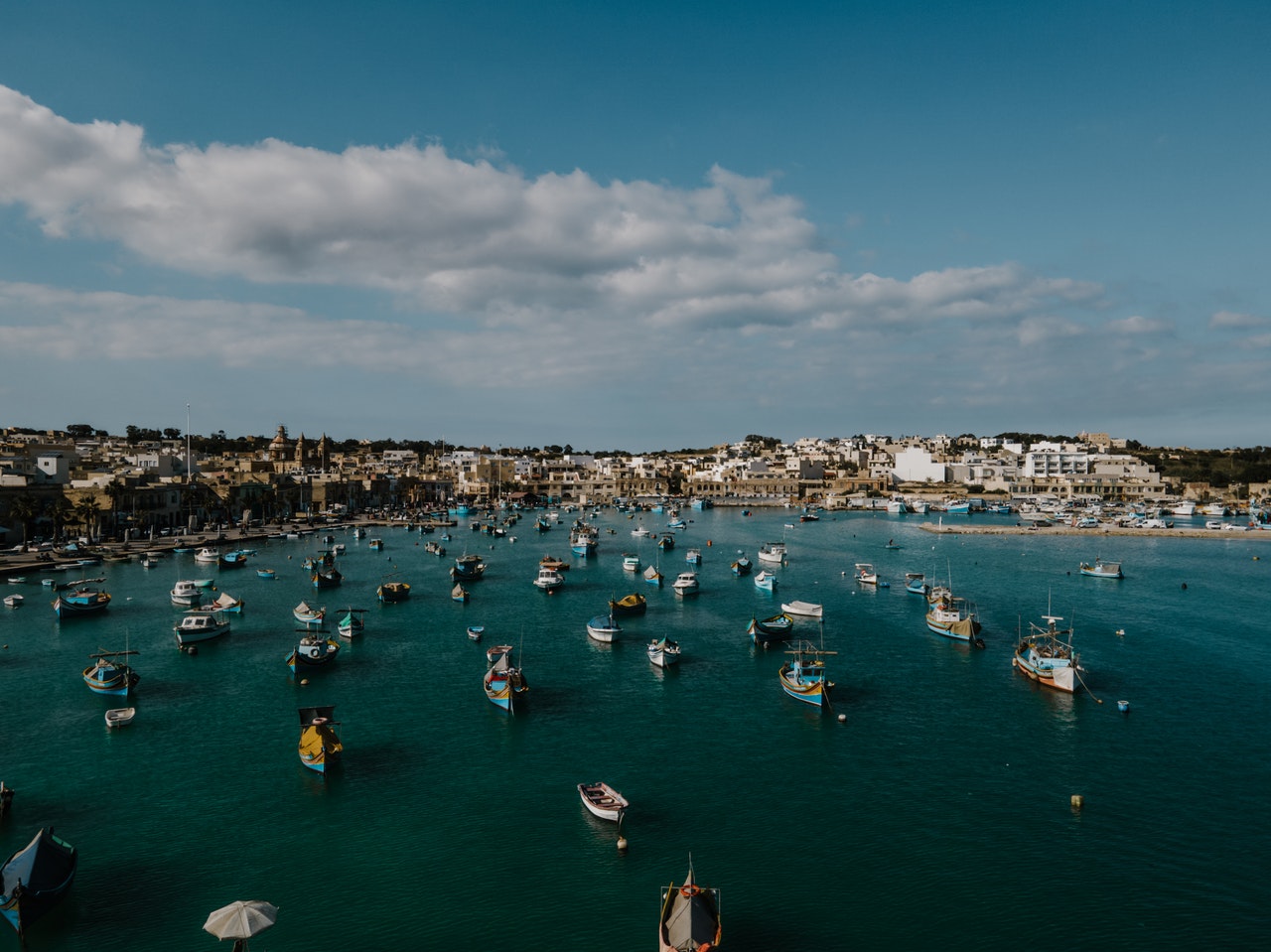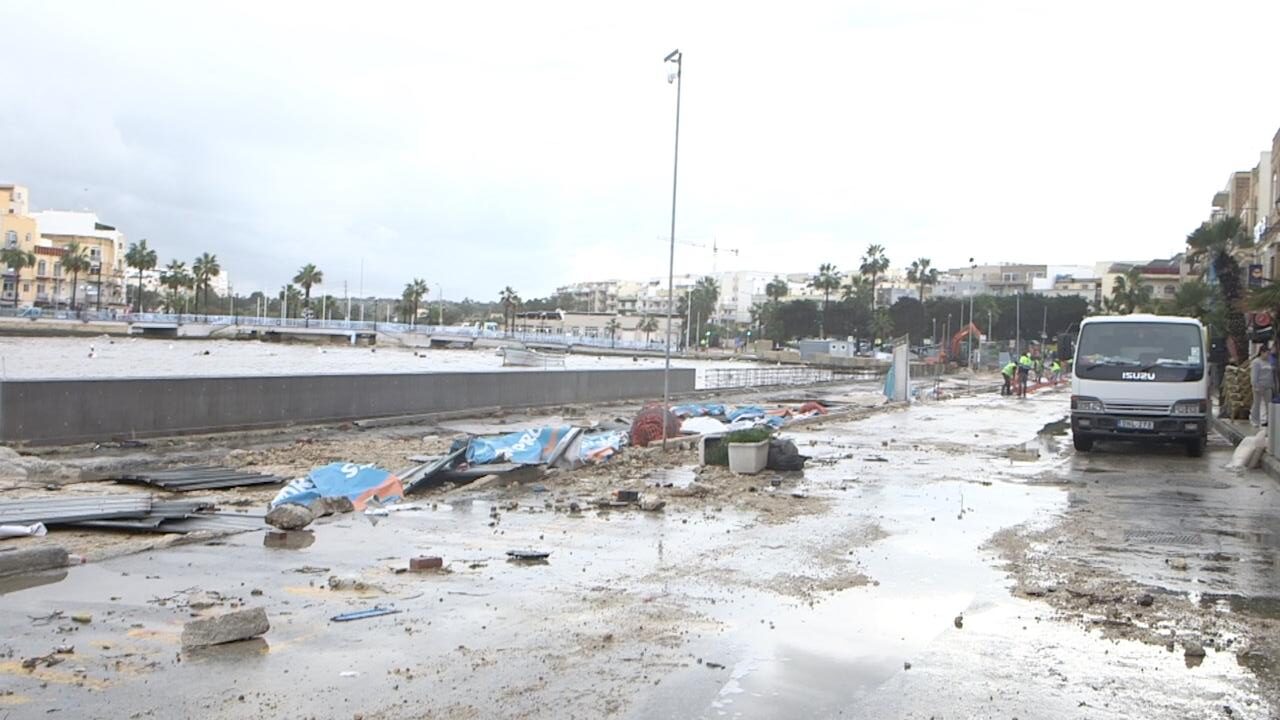Malta has achieved stellar growth over the past 10 years, aided by the rise in the number of non-Maltese persons choosing to commence working on the Maltese islands. Though it begs the question, what if that population rise was reversed, expatriates listened to the colloquial “go BACK to your country”, and they actually departed?
Malta needs to assess the risk of de-population, being that the non-Maltese resident population now amounts to 115,449, or 22 per cent of the population, from just 20,289 non-Maltese resident individuals in 2011 (source: Census of Population and Housing 2021). In comparison, the entire region of Gozo, which consists of 39,287 resident individuals, and the Southern Eastern region, which consists of 77,948 resident individuals (including the localities of Marsaskala, Zurrieq, Zejtun, and Birzebbugia) combined has only slightly more residents than the whole number of non-Maltese residents in Malta.
I have attempted to undertake a limited high-level assessment of the impact of non-Maltese resident persons on the local economy. Beginning with the non-Maltese population’s habitation needs, assuming that an average of three persons live in each property, this would equate to circa 38,483 non-Maltese occupied properties. Factoring in that most non-Maltese individuals would choose to lease their property, in the face of de-population, a (presumably Maltese) landlord would have to accept an uninhabited property or leasing it at a depressed price.
Furthermore, Malta may not need such a high number of supermarkets or similar establishments to support a reduced population. In relation to infrastructure, there may not be the requirement to cater for so many public buses, or the extensive Malta International Airport route network. However, a benefit of this could result in less pressure on Malta’s road network, water, sewage, and electricity demands.
Thus, Malta needs to carefully analyse how it values its non-Maltese population and study the reasons for which the country may not be achieving a higher expatriate country ranking and length of stay. For example, a 2021 Expat Insider publication produced by Inter Nations, focusing on quality of life, ease of settling in, personal finance and working abroad, ranked Malta 50th out of 59 positions. It must be kept in mind that most non-Maltese persons are able to easily re-locate from one jurisdiction to another.
A 2019 Central Bank of Malta report titled, “Length of stay of foreign workers in Malta”, stated that
“Another economic challenge is that the relatively short length of stay does not allow foreign workers to improve their careers and skills set and apply them to the Maltese economy.”
The report continues that, the “OECD (2008) find that between 20 per cent and 50 per cent of immigrants either return to their home country or move to third countries five years after their arrival. In Malta, around 50 per cent of those engaged exit the Maltese labour market within two years of their arrival which implies that the phenomenon of re-emigration is relatively high in Malta.”
Another extract from the same report also notes that “since foreign workers tend to exit the labour market very rapidly, it poses substantial limitations on learning-by-doing in Malta. This in turn acts as a drag on future labour productivity growth.”
Thus, Malta needs to assess why non-Maltese individuals are being attracted to the country in the first place, why it is not meeting their expectations, and causing them to want to leave at a faster rate than other countries. The continuing effect and the most extreme result are that the country may face obstacles to attract additional non-Maltese individuals, and once the current cohort of non-Maltese residents depart, the island will begin to de-populate.
French NGO accuses Metsola and MEP of working with USA to dismantle Green Deal
Bloom calls out EU officials for 'adopting the Trump administration's strategy' to torpedo corporate environmental due diligence
Storm-hit businesses can now apply under amended Malta Enterprise scheme
A new measure offers targeted aid to storm-hit businesses while giving non-compliant operators one year to regularise their permits
Access to finance and rising fraud risks discussed at Malta Women & Finance Summit 2026
Expert advice for spotting scams and opinions on investing







